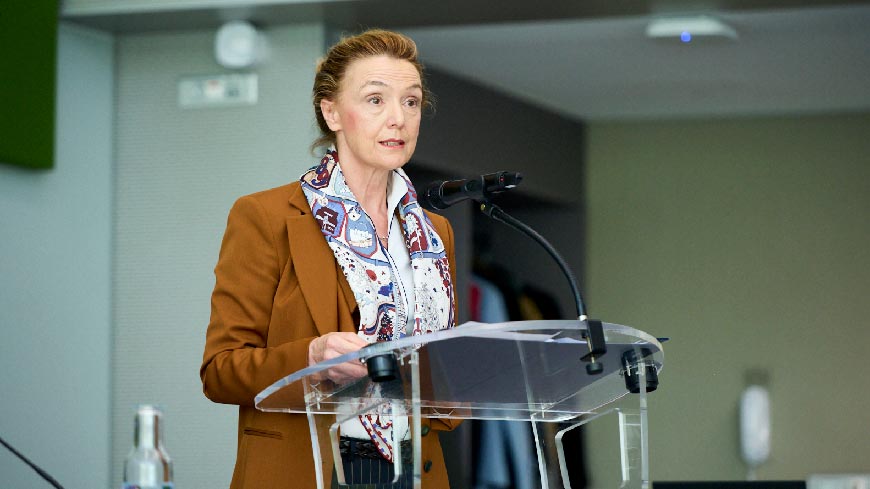Senior judges, experts and representatives of the international community took part in a high-level conference in Strasbourg to discuss what the right to a clean, healthy and sustainable environment means in practice and what legal form that right may ultimately take in Europe.
Opening the conference, Katrin Jakobsdóttir, Iceland’s Prime Minister, representing the country holding the Chairmanship of the Committee of Ministers, described environmental degradation and the triple planetary crisis of climate change, pollution and biodiversity loss as one of the most urgent challenges of our times.
Strengthening the environmental part of the human rights system is one of Iceland’s priorities, said Prime Minister Jakobsdóttir, noting that the Council of Europe summit in Reykjavik on 16 and 17 May will be an important opportunity to promote the right to a clean and health environment.
Council of Europe Secretary General Marija Pejčinović Burić noted that the European Court of Human Rights has already ruled on around 300 environment-related cases. Three leading cases related to climate change are currently being examined by the Court’s Grand Chamber.
Following recent recommendations from the Council of Europe’s Committee of Ministers and its Parliamentary Assembly, work is now underway to evaluate whether the right to a clean, healthy and sustainable environment would be best protected by either a stand-alone convention or an additional protocol to the European Convention on Human Rights or the European Social Charter.
Speech by the Secretary General



